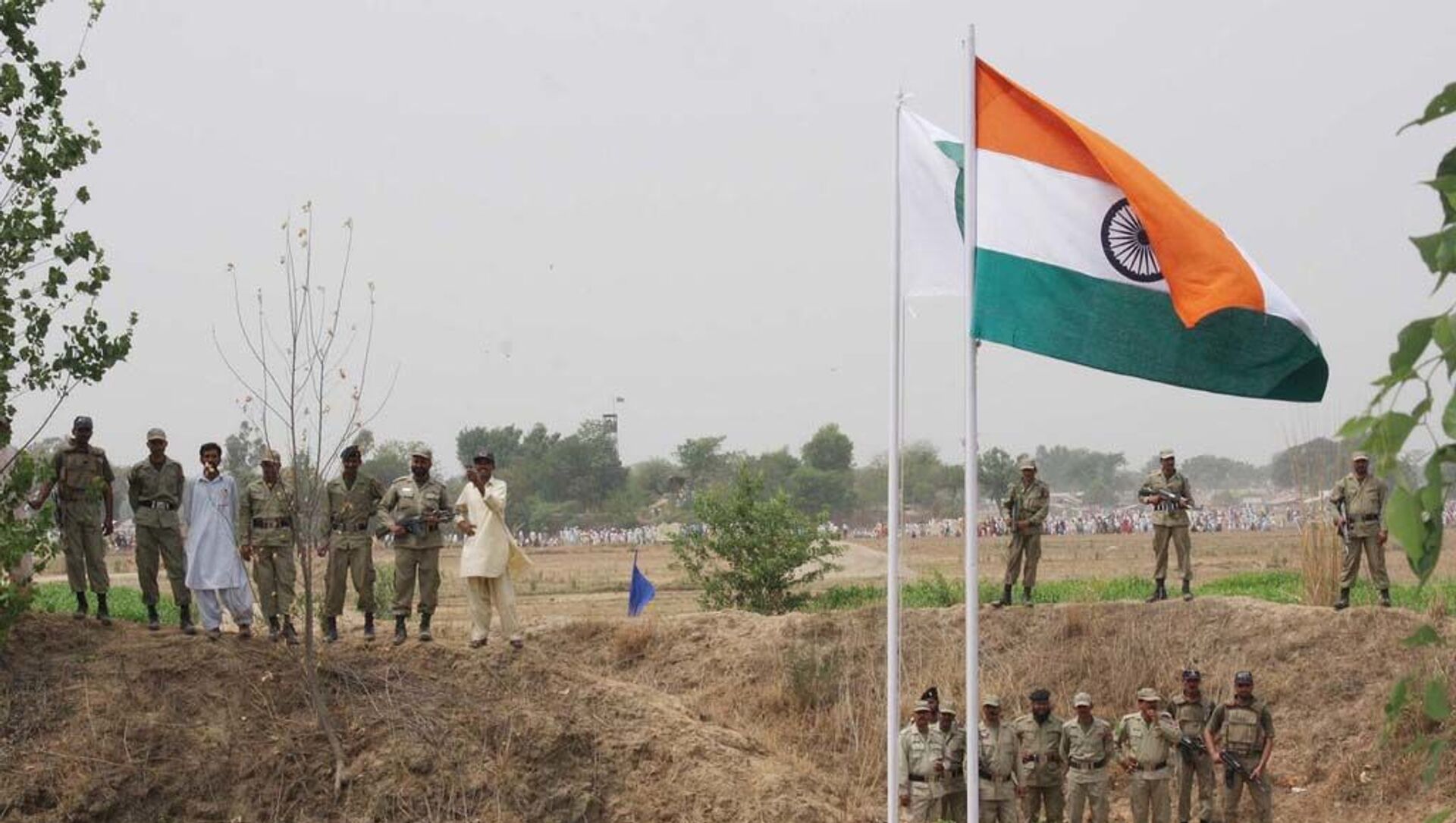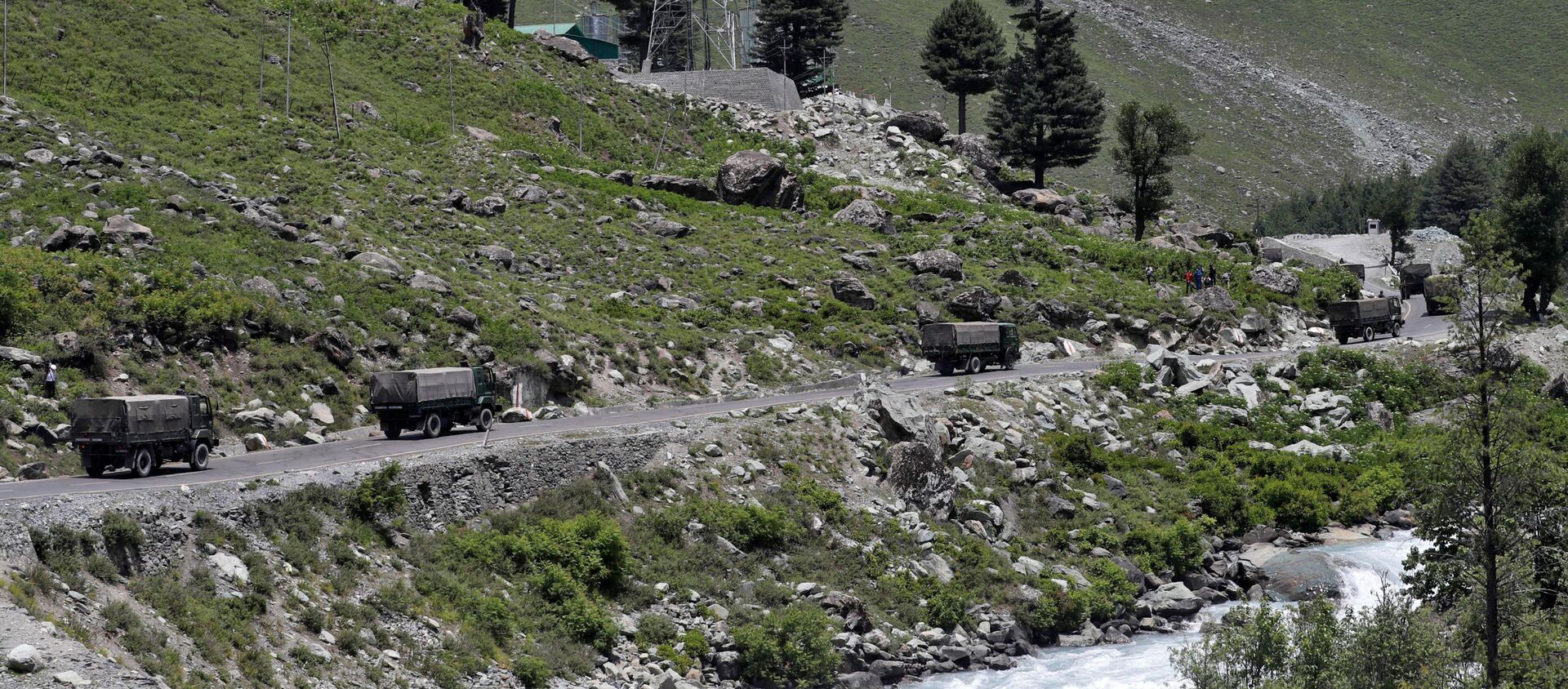Almost more than 550 days after revoking Article 370, high speed 4G internet is being restored across J&K starting midnight on 5 January, Friday.
"4G mobile internet services being restored in entire J&K," J&K administration spokesperson Rohit Kansal tweeted in confirmation of the news.
— Rohit Kansal (@kansalrohit69) February 5, 2021
A screenshot of the official allowance of 4G internet has flooded social media.
— Jammu Diaries 🇮🇳 (@jammudiaries) February 5, 2021
The news of the long overdue return of 4G networks to the valley after almost 18 months has left Indian netizens delighted.
— Nidhi Taneja (India TV) (@nidhiindiatv) February 5, 2021
— Shaikh Gulzar (@ShaikhGulzarPbh) February 5, 2021
— Vivek Gupta (@vivekguptaudh) February 5, 2021
Former chief minister of J&K, Omar Abdullah, also greeted people on the occasion of the restoration of 4G data services across the region.
— Omar Abdullah (@OmarAbdullah) February 5, 2021
On 5 August 5 2019, J&K was put under what would become the world’s lengthiest internet shutdown in a bid to prevent the spread of any misinformation that could have caused communal disharmony in the state.
Petitioners approaching the court argued that during the COVID-19-caused lockdown, students were unable to access educational lectures due to slow internet, infringing upon their right to education. They also argued that 4G internet services are essential for frontline health workers to have better access to technology.




